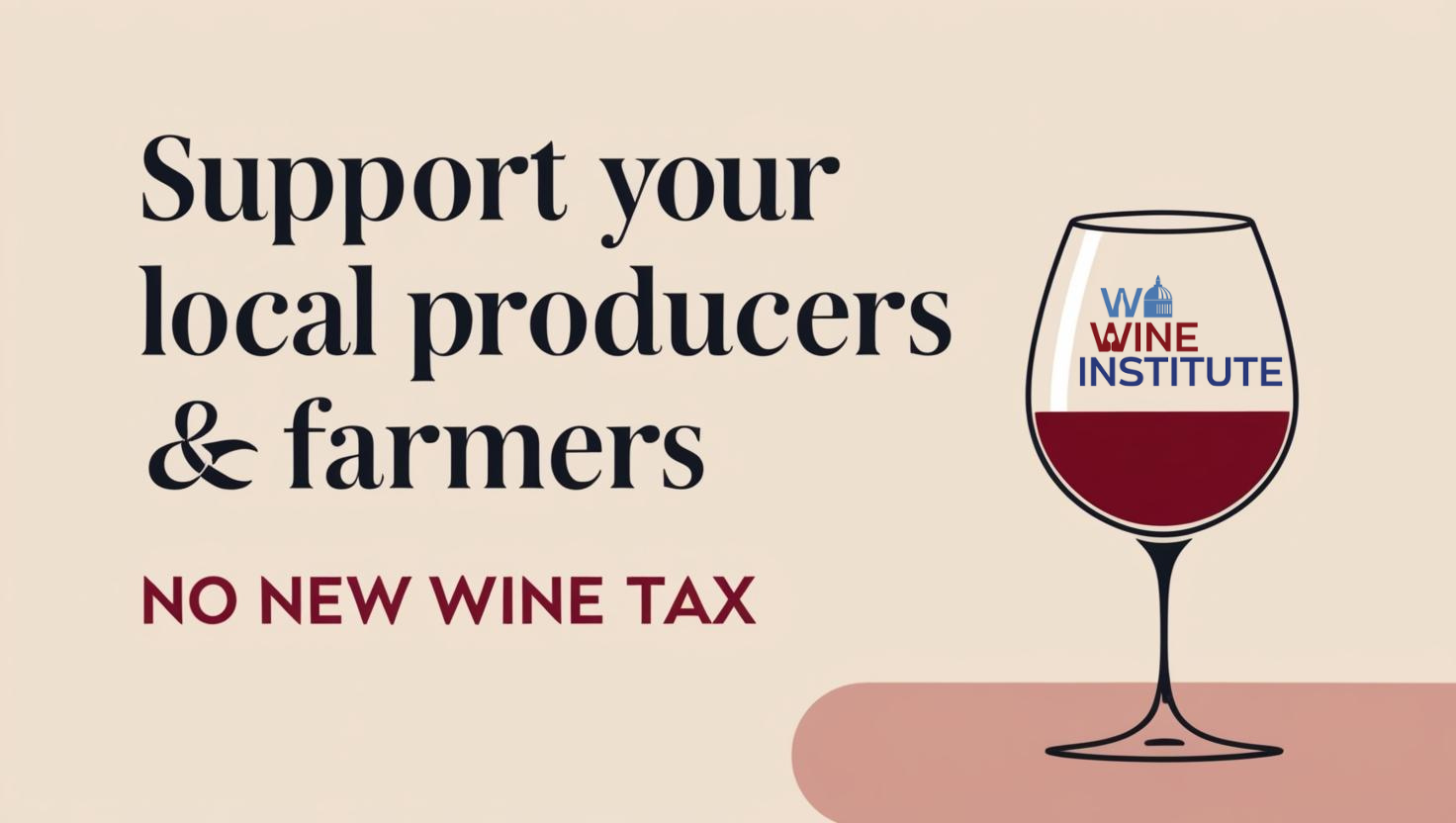OLYMPIA – The Liquor and Cannabis Board (LCB) today announces that Gov. Jay Inslee has appointed Jim Vollendroff, MPA, as chair of the LCB board.
Chair Vollendroff will fulfill former Chair David Postman’s term which concludes in Jan. 2027. Postman vacated the board chair position recently to serve as chief of staff for incoming Attorney General Nick Brown. Prior to his appointment, Chair Vollendroff has served as a board member since 2022.
“I am grateful for the opportunity. Together with Board Member Ollie Garrett, I look forward to continuing the board’s work in my new role as chair, said Vollendroff. “I want to thank former Chair David Postman for his years of leadership. I am eager to work with my fellow board members and LCB staff addressing emerging trends within the dynamic industries we license and regulate.”
Vollendroff has 35 years of experience in the behavioral health field. He most recently served as the behavioral health senior advisor for policy and advocacy for the Department of Psychiatry and Behavioral Sciences at the University of Washington (UW). In Jan. 2019 he was recruited to be the founding director of the Harborview/UW Medicine Behavioral Health Institute, a position he held until early 2021.
In addition, for 16 years he served in top leadership roles at the King County Department of Community and Human Services including 11 years as deputy director and five years as director of the King County Behavioral Health and Recovery Division.
“Jim has an extensive record of leadership in the public health field,” said LCB agency director William Lukela. “His public health experience and insights were critical to the development of the agency’s research program as well as the agency’s efforts toward furthering diversity, equity, inclusion, and belonging (DEIB).”
The board is composed of three members appointed by the governor to six-year terms. The board holds regular public meetings and work sessions with stakeholders, makes policy and budget decisions, and adjudicates contested license applications and enforcement actions on licensees. Board members also hired the agency’s director, Lukela, who manages day-to-day operations.
The agency has licensing, enforcement, tax collection and regulatory roles concerning alcohol, cannabis, vape and tobacco. It has a staff of approximately 350. In addition to Chair Vollendroff and Member Garrett, a third board seat will be available for a full-term appointment in Jan. 2025.

 Member Login
Member Login





.png)
